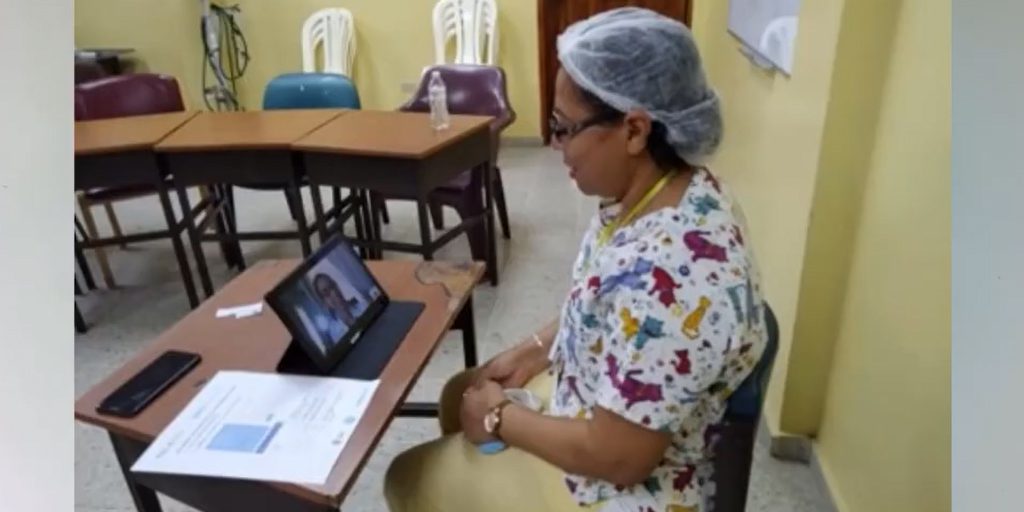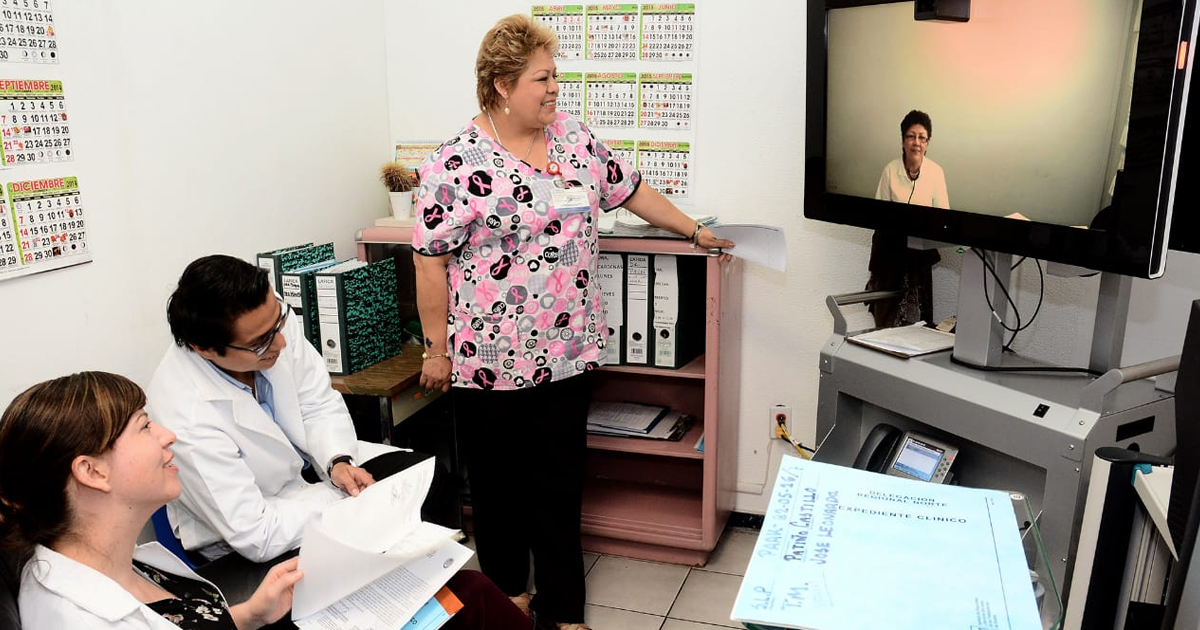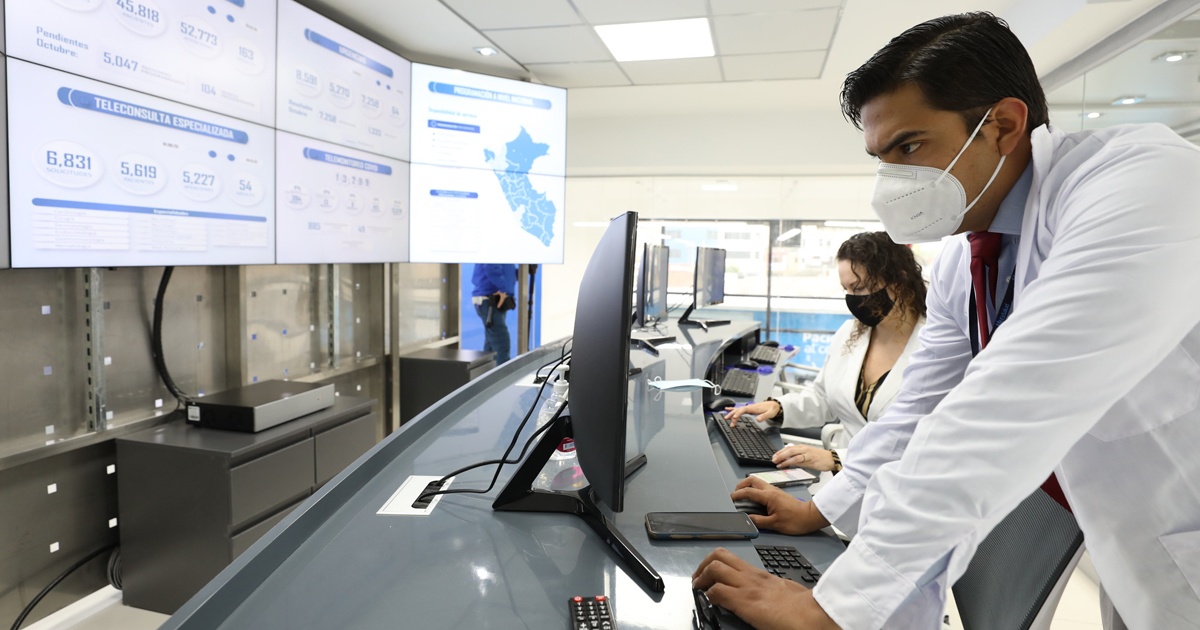The use of the IRIS System, International Death Cause System, developed by the German Institute for Medical Documentation and Information, was presented along with other experiences and use cases in Brazil, Chile, Colombia, Mexico and Peru.
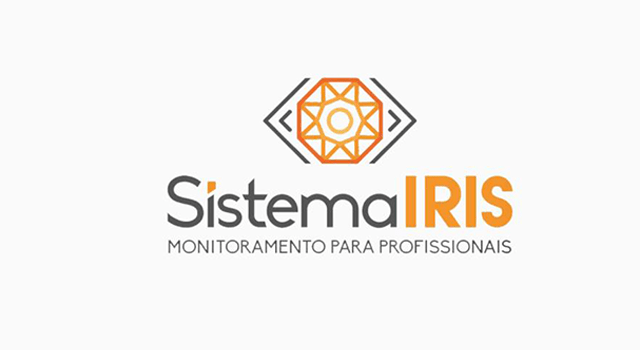
The Department of Evidence and Intelligence for Health Action, which belongs to the World Health Organization (WHO), presented the IRIS International Cause of Death System, in which practices on mortality information are discussed and implemented at a world level. These will be used to collect data and statistics from the health sector, to the evaluation of interventions, planning and health care.
The operation of Iris is required by means of the death certificates issued and whose causes of death must be codified to select the main cause of death. The procedures for coding and selection must be carried out by trained coding personnel, who are advised and have special knowledge of the algorithms based on codes assigned to medical terms, causal relationships accepted or rejected and application of rules or detection steps.
It’s considered important to have standardized systems to collect information, since it allows to support medical research and make informed decisions on public health issues based on the comparison of data by seasonality and regions.
The efficiency of the automated coding provided by the IRIS System has been confirmed, since the evidence shows that it solves more than 80% of the causes of death with precision, quality and homogeneity in its results, reducing working times.
For example, in Latin America - specifically in Mexico and Chile - the user experience has been guided by interactive tutorials that show a simulation of each aspect of the program and sections of the interface, so that they can capture the corresponding data, assign Identification codes for each registered cause and describe them.
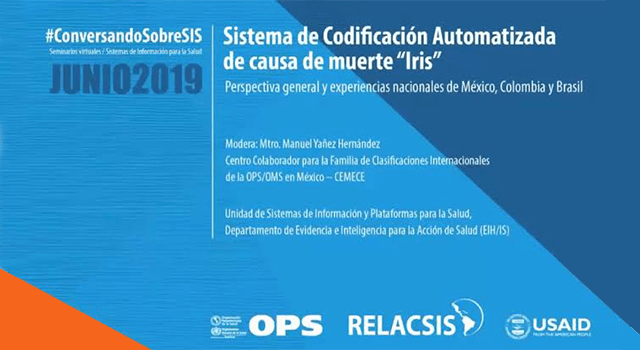
With this, it’s expected that the results will be obtained in a more precise and clear way thanks to the collaboration between the machine - which has its own programmed algorithms - and a specialist supervisor that gives greater confidence to the analysis and statistics obtained.
At this stage, artificial intelligence still needs human assistance, although in the case of the IRIS System, the time that scientists and researchers previously spent was greatly reduced.


